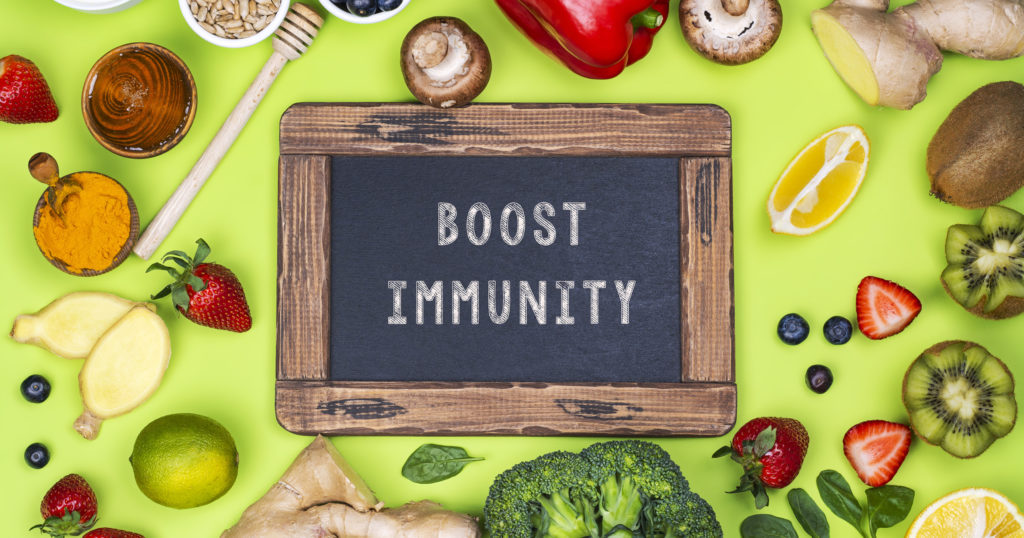Functional Ingredients for Everyday Health
From long term goals to everyday wellness
In more recent years, consumer attitudes towards health have shifted. Instead of focusing on long-term health goals, many now prioritize their immediate, everyday wellbeing. FMCG Gurus’ research shows that two in five consumers take a proactive approach. This includes looking to prevent health issues before symptoms arise.
While this new approach has dipped slightly since the pandemic, the focus on daily wellness remains strong. As a result, consumers are looking for convenient ways to boost this. This creates opportunities for products with health benefits that can be easily incorporated into everyday routines.

Energy and emotional wellness
One of the most common ways consumers monitor their health is through their energy and emotional wellness. Fatigue or stress is often associated with poor health, leading to increased interest in food and drinks which can support this.
In fact, FMCG Gurus' insights show that 44% of global consumers are interested in products which are customized to their individual nutritional needs. This shows high demand for products which can target these areas, giving consumers control over their day-to-day health.
Sleep, stress, and natural remedies
Energy is the number one concern for many consumers, however, addressing this often starts with improving sleep and stress management. Botanicals such as chamomile, dandelion, lavender, and ginseng are strongly associated with sleep support and relaxation. These ingredients are not only perceived as natural but also are familiar to consumers, creating trust and therefore popularity as functional ingredients.
Other functional ingredients such as melatonin or magnesium are scientifically proven to aid sleep, however, due to the familiarity of these being lower, education and transparency about their abilities must be highlighted. By offering accessible products such as teas or supplements with botanicals, brands can meet consumer demand for these products as a way to improve overall energy levels.
Gut and mind connection
Digestive health is another area that continues to gain traction. This is because many consumers seek relief from everyday issues like bloating or cramps. As a result, probiotics have risen in popularity over recent years, to support with gut health. However, their role in emotional wellbeing via the gut-brain axis is growing.
FMCG Gurus’ insights show that 66% of global consumers link probiotics with digestive health, while nearly 20% also associate them with mental wellbeing. Because of this, the perceived value of functional products that contain probiotics, as well as other natural ingredients like ginger, turmeric, and peppermint is increased.

Cognitive health in a digital age
With rising digital dependency, consumers are also turning their attention to cognitive health. Focus, mental clarity, and long-term brain support are becoming priorities. Ingredients such as Ginkgo Biloba, Ginseng, Moringa, and Goji are increasingly associated with cognitive health. These ingredients offer brands the chance to create products that support both immediate and long-term brain function, helping consumers feel more focused in their everyday lives.
Clean labels, transparency, and trust
Despite growing interest in functional products, skepticism remains. Many consumers struggle to understand nutritional labelling, and nearly 60% find it confusing. As a result, recognizable, “natural” ingredients are often favored over scientific-sounding alternatives.
At the same time, over half of consumers say scientific evidence supporting health claims is essential when choosing supplements. This means brands must strike a balance, offering clean-label products that feel natural, while also providing clear, credible evidence to back up their claims. Transparency about dosage, bioavailability, and the timeline for results will be key to building trust.
Discover more with FMCG Gurus’ Trend report: Functional Ingredients: Unlocking the Future of Wellness - 2025. For more details, contact us at info@fmcggurus.com.




